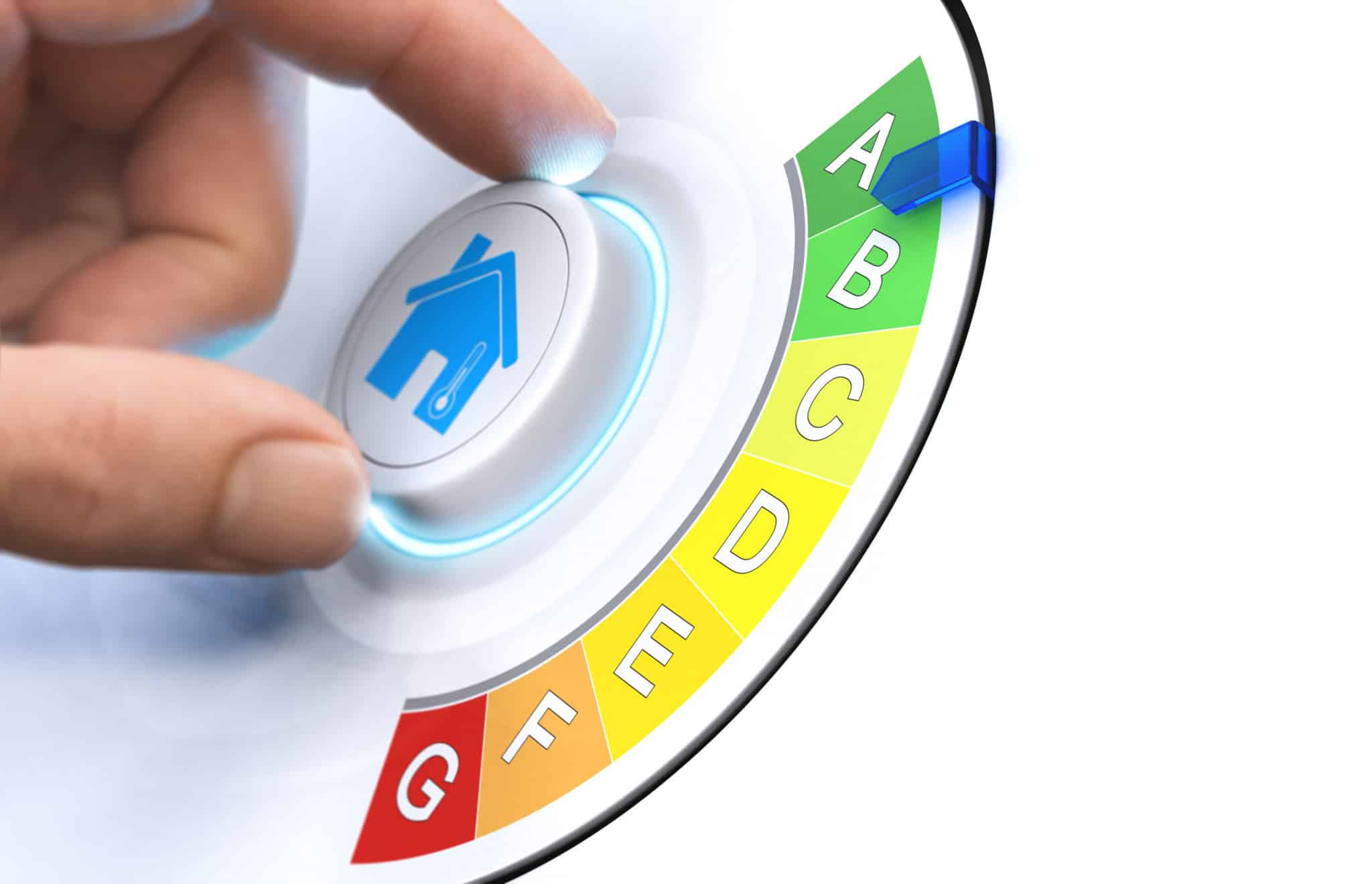By Stuart Killacky of Handelsbanken
As the government works towards its target of reaching net zero emissions by 2050, it has been looking to tackle emissions across all sectors of the economy, including properties.
Legislation introduced in 2015 established Minimum Energy Efficiency Standards (MEES) for both residential and commercial properties, requiring these properties to have a minimum EPC rating of E in order to be let out.
From April 1, 2018, MEES requirements came into force, meaning it is now unlawful to let properties, whether domestic or commercial, on a new lease with an EPC rating lower than E. On April 1, 2020, the band E threshold was further extended to existing privately rented residential properties.
MEES requirements have now been extended to all existing commercial leases as of April 1, 2023, with a requirement for all domestic tenancies to be at an EPC rating of C from April 1, 2028.
At the moment, there is a notable lack of government support for residential properties. However subsidies are currently available to assist with the cost and installation of heat pumps or new boilers.
It remains to be seen what further changes will be required, as regulations and processes may be altered in the future. Nevertheless, landlords will want to stay abreast of the latest developments in order to make sure they are staying on the right side of the law.








